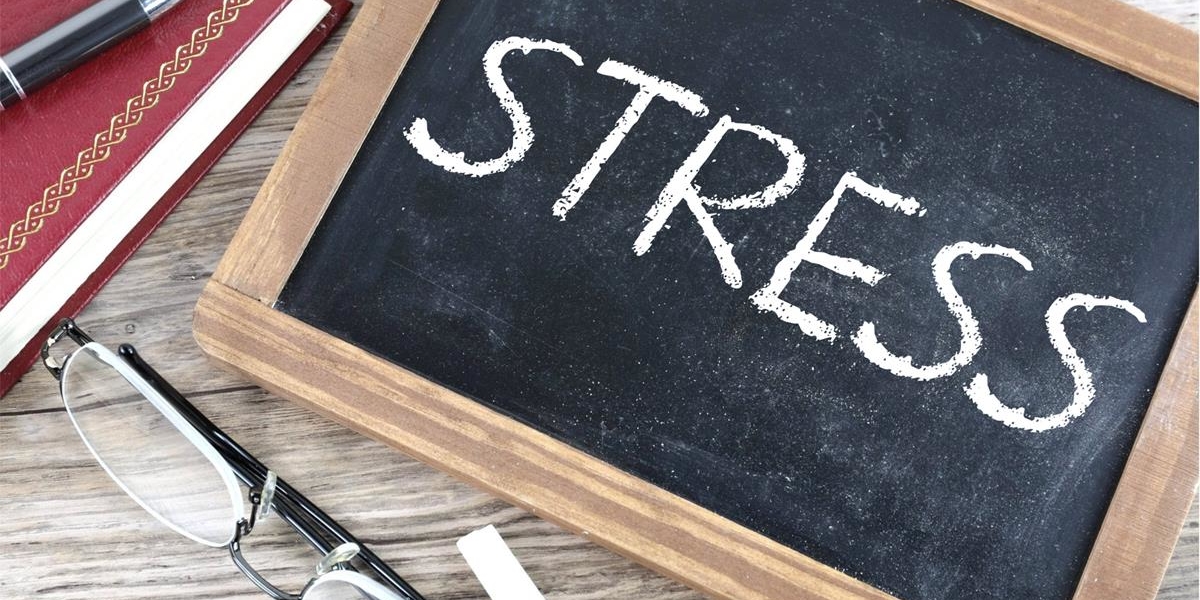
Feeling burned out? Counselor Mahmood Mohammad shares tips for stepping back from the stress
Friday, March 10th, 2023
BY MAHMOOD MOHAMMAD
PCA&D PRE-LICENSED COUNSELOR
Burnout occurs when individuals experience chronic stress characterized by exhaustion and deprivation of strength and energy. The World Health Organization defines it as an “occupational phenomenon,” and it strikes college students experiencing academic burnout.
Students tend to feel diminished and pessimistic about their academic work. It results in students avoiding assignments, skipping class, and decrease in creativity and academic performance. Scholarly work observed that students experience burnout differently, and it persists after graduation. An Indeed Survey found that approximately 60 percent of Generation Z and Millennials reported suffering from burnout in March 2021 (see below for research and resources).
Feeling the burn(out)
The American Institute of Stress (AIS) classifies the following warning signs of burnout:
1. Feeling exhausted – an endless cycle of chronic stress.
2. Less enthusiasm about school – it includes worrying about tests and the overall lack of interest in school.
3. A decline in academic abilities – being drained and pessimistic about school.
4. Increased irritability or anger – increase in frustration and annoyance with daily life.
5. Increased anxiety – a growing sense of worry and agitation.
6. Physical sensations – including headaches, digestive problems, and fatigue (World Health Organization, 2019).
Avoiding the burn(out)
By being powered by the definition and warning signs of burnout, here are some tips for avoiding burnout in college:
1. Learn to say no
College students learn early on that there is a culture of hustle and relentless pressure to get ahead of their peers. Therefore, “it is OK to say no” becomes a virtue. It doesn’t mean skipping on assigned work and projects, but learning to strategize and prioritize academic work over extracurricular activities.
2. Focus on time management
There is a tremendous difference between being a high school student and a college student, from set class time to the amount of homework assigned outside class. Therefore, time-management skills help students stay efficient and prioritize their time.
3. Prioritize sleep and exercise
Research has shown that improving sleep and increased physical activity positively impact people’s mental health.
4. Set reasonable goals
From signing up for extra classes to being too involved with extracurricular activities, students can set unreasonable goals for themselves that can lead to burnout. Have realistic goals and schedule in times of rest alongside prioritizing education.
5. Make time for fun
Being a college student is academics, but not the only part. Thus, set time aside to connect with family and friends, take breaks throughout the day, and take a mental break from academic work.
6. Ask for help
Burnouts are a common experience for college students, and learning help-seeking behaviors is the key to success. Within PCA&D, there are multiple ways for students to reach out and ask for help. Students can contact Kaity Nordhoff, the student success advisor (knordhoff@pcad.edu), and Moh Mohammad (mmohammad@pcad.edu), the in-house counselor, for help navigating and overcoming burnout. At PCA&D, students also can make use of Lyceum, the student support group which meets this semester each Tuesday evening at 7 pm in Room 100.
References
- Neal, K. (n.d.). College students’ mental health continues to suffer from covid-19, a new survey by TIMELYMD finds. TimelyMD. Retrieved March 1, 2023, from https://timely.md/college-students-mental-health-continues-to-suffer-from-covid-19-new- survey-by-timelymd-finds/
- World Health Organization. (2019, May 28). “Burn-out an ‘Occupational phenomenon'”: International Classification of Diseases. World Health Organization. Retrieved March 1, 2023, from https://www.who.int/news/item/28-05-2019-burn-out-an-occupational- phenomenon-international-classification-of-diseases
- Wolf, M. R., & Rosenstock, J. B. (2017). Inadequate Sleep and Exercise Associated with Burnout and Depression Among Medical Students. Academic psychiatry: the journal of the American Association of Directors of Psychiatric Residency Training and the Association for Academic Psychiatry, 41(2), 174–179. https://doi.org/10.1007/s40596-016-0526-y
